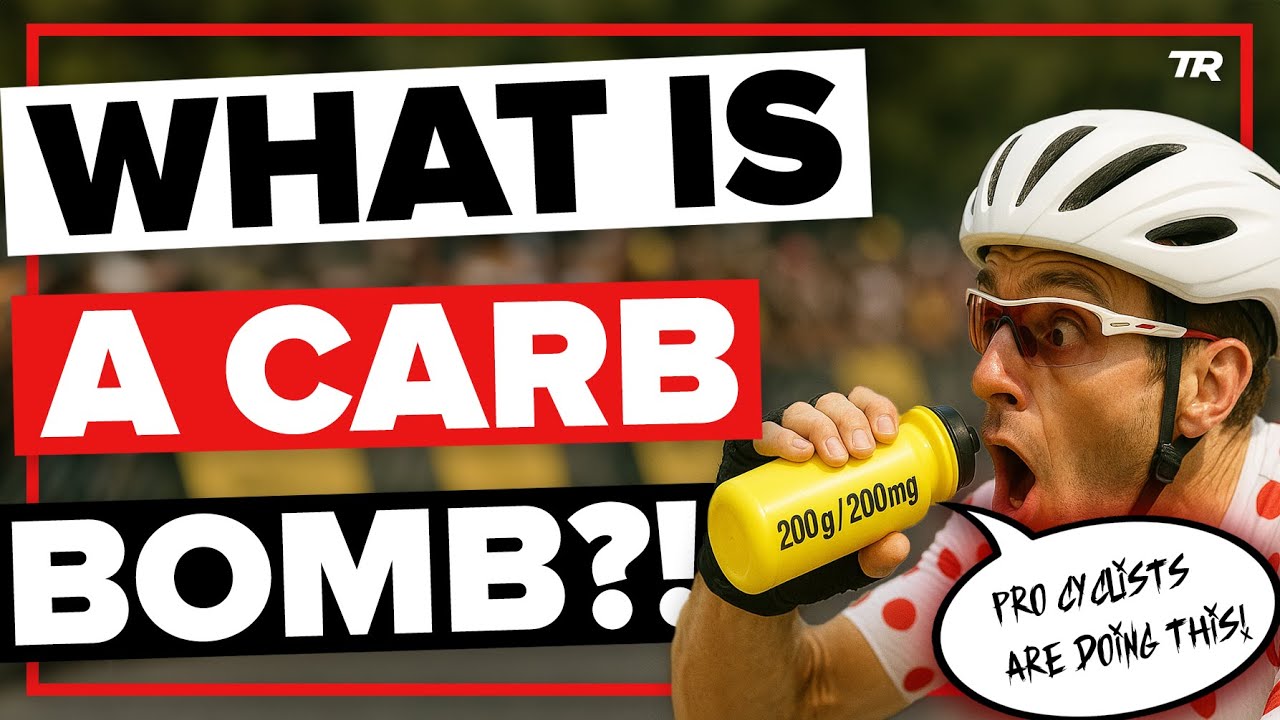Was great to talk to Will Girling, a Team Nutritionist for Red Bull Bora Hansgrohe and doctorate student at LMJU about what he sees on the frontlines of world tour cycling nutrition.
We discussed sweat testing and how he has seen sodium loss rates not be hard-coded and instead evolve over time, his thoughts on ketones, and this new approach dubbed “carb bombing” that we’ve heard of from the pro peloton.
The theory is that you take in extremely high amounts of carbohydrate and caffeine at a specific point in a race. We still don’t know a lot about this in terms of whether taking in all of those carbs is even helpful to performance, but it is interesting to see it on the rise. At the very least, that much caffeine will certainly have an effect, hehe.
Let us know if you have any questions, and I hope you enjoy the episode!
// TOPICS COVERED
(00:00) Welcome!
(00:27) Meet Will Gerling: Red Bull Bora Hansgrohe Team Nutritionist
(01:42) Pro Cycling Nutrition Insights
(04:27) Sodium Bicarbonate in Racing
(07:24) Heat and Hydration Strategies
(14:08) Sweat Testing and Practical Applications
(23:07) Evolving Perspectives on Sodium Intake
(26:05) Introduction to Carb Bombing
(28:18) Cam Jones’ Unbound Nutrition Strategy
(30:21) Carbohydrate Oxidation and Testing
(34:43) Practical Considerations for High Carb Intake
(39:24 Final Thoughts and Recommendations
